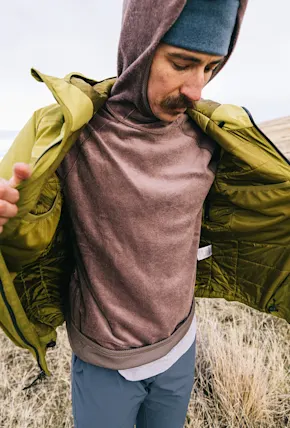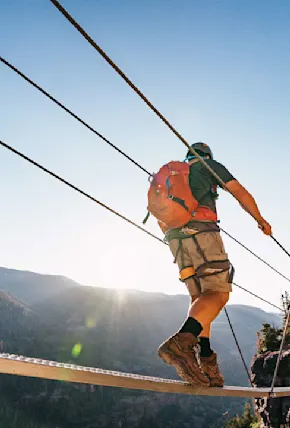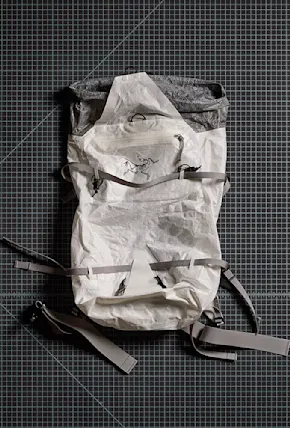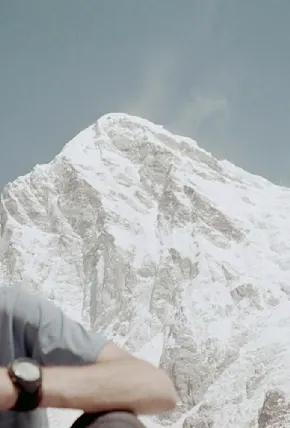On the fifth floor of an old factory building on the west side of Manhattan, Alex Honnold, mid-conversation, swivels his chair toward the window. “I keep looking at this one across from us,” he says, pointing to one of the boxy, ex-industrial buildings that hints at the neighborhood’s former life. “It looks very easy to climb. Big windowsills, big edges and frames. I’m pretty sure it’d be pretty easy.”
As the world’s premier free soloist, he would know. Honnold has devoted his life to climbing big walls, and occasionally, big buildings, all without the usual rig of a harness and rope.
Last June, he free soloed the 3,000-foot Freerider route on El Capitan in Yosemite, an all-time feat of human performance at a height over double the Empire State Building. “People who know a little bit about climbing are like, ‘Oh, he’s totally safe,’” says Tommy Caldwell, Honnold’s training partner and fellow El Cap legend. “And then people who really know exactly what he’s doing are freaked out.”











